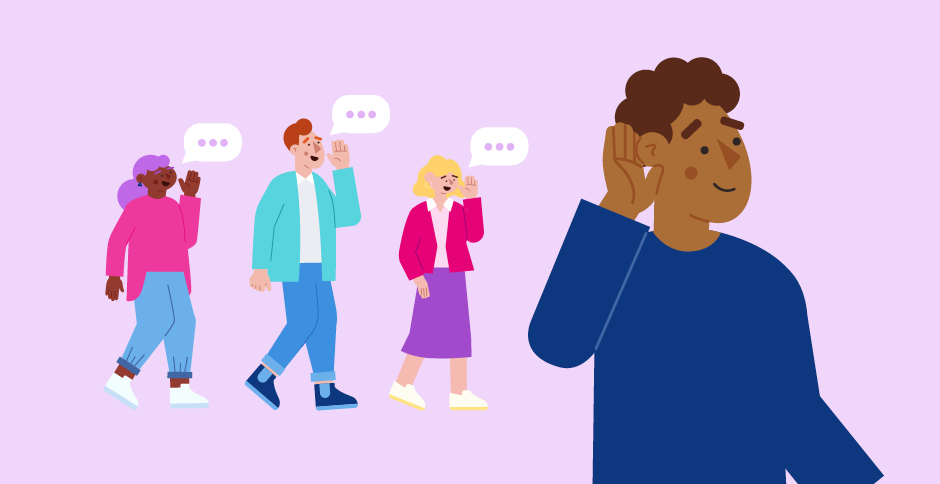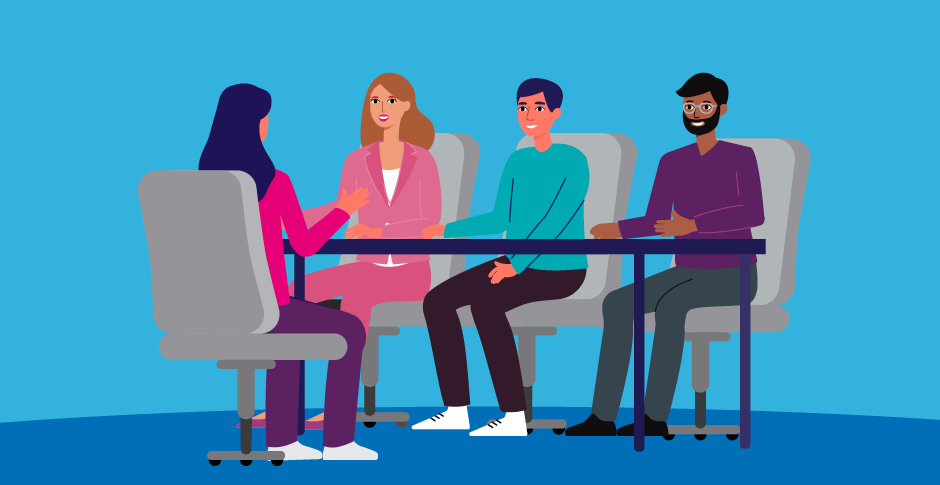“Let’s meet over a coffee, or beer.” Informal interviews are increasingly common, but can be disconcerting for newbies.
They’re often a stepping stone to the formal interview and offer both interviewers and candidates the chance to size each other up.
What do I wear? What will they ask? What should I take? Follow our tips and we’ll help you walk the informal interview tightrope.
The first thing, says Robert Walters’ director Shay Peters, is to understand why organisations hold informal interviews. It’s almost always to see if you fit the culture of the organisation.
Often this is just as important as hard skills, adds Danielle Ross, executive consultant at Parker Bridge Recruitment.
Informal interviews and phone interviews also save the organisation time and money in the recruiting process, says Peters. Instead of three managers spending an hour in a formal interview setting, one is able to verify if you’re likely to be right for the role.
- Tip 1: don’t be too casual. There’s a huge misperception, says Ross, that informal interviews means chatting like friends. “‘Let’s catch up for a coffee’,” sounds casual. The reality is that it’s a job interview and you need to walk the line between friendly, but professional, without letting your guard down too much.
- Tip 2: be prepared. Chances are your interviewer has seen your CV and cover letter already. Do take them with you, however, just in case they’re needed. In some roles, says Peters, such as architecture and design it might be a good idea to have your portfolio on hand. “Don’t go to the table and throw it at them,” adds Ross. Only bring out your paperwork and/or portfolio if needed.
- Tip 3: go suited and booted. It’s always best to dress to impress, say both Ross and Peters. The interview may be informal, but you really want to look professional. Your potential employer is sizing you up for the role and as a result dressing down isn’t a good idea.
- Tip 4: mirror your interviewer. Be prepared to be as formal or informal as your interviewer, but always follow his or her lead and don’t go overboard on the informality, says Peters.
- Tip 5: employ active listening. Listening actively can tell you an awful lot about an organisation and could arm you with information that will be crucial for the formal interview. What’s more, talking solely about yourself and commandeering the conversation is never a good move in an interview of any sort.
- Tip 6: buy time. From time to time candidates do get offered the job on the spot. Even if it’s the job of your dreams, don’t say “yes” instantly. Be gracious, says Ross, but give yourself time to go away and think it over.
- Tip 7: offer to pay. Typically the recruiter or employer who invited you will pay. But offering can overcome any awkwardness. Say: “I’ll get this” or “it’s okay, I can cover it”. If the interviewer insists on paying, as they probably will, smile and say “thank you”.
Finally, beware of curveballs. Peters has heard of instances where the ‘casual coffee’ turned out to be in a meeting room and was for all intents and purposes a full-on interview. Always be prepared.
The reality is that it’s a job interview and you need to walk the line between friendly, but professional, without letting your guard down too much.



